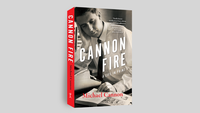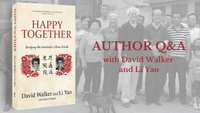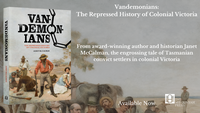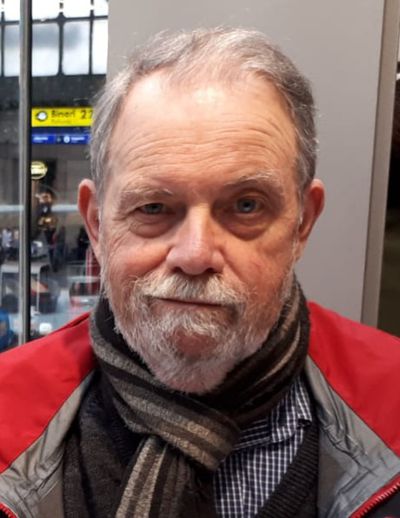The Australians at Geneva: William Caldwell
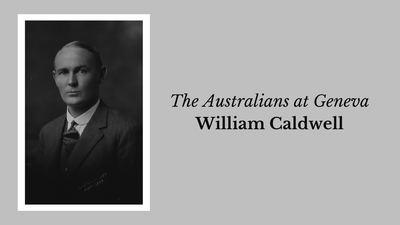
William Caldwell was born in Fremantle on 26 February, 1892. He was the son of Glasgow born carpenter George Caldwell and his spouse Kate Elder.
In November 1915 he was granted a special degree – despite not completing his final year of studies – as he had enlisted (having earlier been rejected) in the AIF; he was also awarded the University of Western Australia’s first Rhodes Scholarship. Qualifying for the officers corps he was commissioned in January 1916, where he embarked on the Miltiades for the European theatre in February.
Between August 1916 and August 1918, William Caldwell served in France in the 48th Battalion, AIF. Twice wounded – at Pozières and later at Bullecourt – he was each time evacuated to Wandsworth. He was promoted to Captain in February 1918. After return duty in France at the armistice he was granted leave in late 1919 to enrol at Balliol College, Oxford University. Undertaking a shortened course in Literae Humaniores, he graduated with distinction before undertaking further studies in economics in 1921.
Travelling briefly to Australia in 1920 he returned to Britain via the USA, subsequently successfully passing an examination for recruitment to the newly established International Labour Organisation (ILO), an adjunct of the League of Nations, then being established at Geneva. Caldwell joined the ILO staff in 1921.
For a long time he was the only Australian on the ILO staff. He worked consistently to ensure that the organisation paid attention to developments in Australia. He was a frequent contributor to ILO publications especially on Australian and New Zealand topics, and broadcast over the League of Nations Radio to Australia.
Australian Labour delegates to the annual ILO conferences – notably E. J. Holloway in 1923 and John Curtin in 1924 – were impressed by Caldwell’s abilities which included serving during these conferences as the principal translator between the organisation’s two official languages, French and English. Later he similarly impressed Sir Frederick Stewart (Minister for Commerce 1932-34) who served as employer’s representative for Australia at the 1935 ILO annual conference.
He travelled to Australia performing duties for the ILO in 1924-25, 1927, and 1931. From November 1935 to September 1936, he acted as Australia based ‘correspondent’ for the organisation.
On his missions to Australia Caldwell travelled widely, meeting most state premiers, the leaders of industry, prominent members of the labour and union movements, and senior officials. He also interviewed the prime ministers and federal parliamentarians. With impeccable social credentials but undoubted personal sympathies with labour, his considerable efforts ensured that the ILO was taken seriously.
Caldwell’s assiduous advocacy was a major factor in this development. Many employers’ organisations were suspicious – on occasion even hostile – to what they considered invasions of their prerogatives. While organised labour was usually supportive, some elements of the leadership (notably in NSW) regarded the ILO as a handmaiden for oppressive capitalism and in some state administrations senior officials possessed only the haziest understanding of its functions. Caldwell’s careful and persistent persuasion with all these constituencies advanced the cause of the ILO and the improvement of the conditions of labour – especially of vulnerable workers including women and young persons – in Australia.
When the ILO was reorganised in the early 1930s he became a senior member of the ‘Extra-European Section’ (under the directorship of Mack Eastman). At this time the organisation was taking notice of the conditions of Australian aboriginal stockmen and other workers, corresponding with the government in Canberra to elicit information and publishing its findings. Evidence suggests that Caldwell’s personal interest in this issue was one of the determinants of this development. There is also evidence that in the later 1930s he assisted Jewish refugees from Austria to obtain permission and documentation in order to facilitate entry to Australia.
Caldwell’s responsibilities also extended to New Zealand. His patient work with New Zealand politicians and officials, including during a personal visit in 1927 and later in 1934-35, helped overcome Wellington’s initial reluctance to engage with the ILO.
Crossing France from Geneva in late May 1940 (just as the battle for Dunkirk was beginning) with his family Caldwell made his way back to Australia where he served in the 2nd AIF from October 1940 to March 1946. Based in Melbourne at Land Headquarters he attained the rank of Lt. Colonel. He resumed his career at the ILO in 1946, becoming Head of Personnel in 1951 and retiring in 1953. Continuing to live in Switzerland (but often wintering in Nice) he died in Geneva on 13 April 1984 and is memorialised at the columbarium of the Centre funéraire de Saint-Georges.
This was an edited biography previously published by James Cotton in People Australia, 2020. For the full biography, please follow the link.
The Australians at Geneva is available to purchase for $39.99 at mup.com.au
